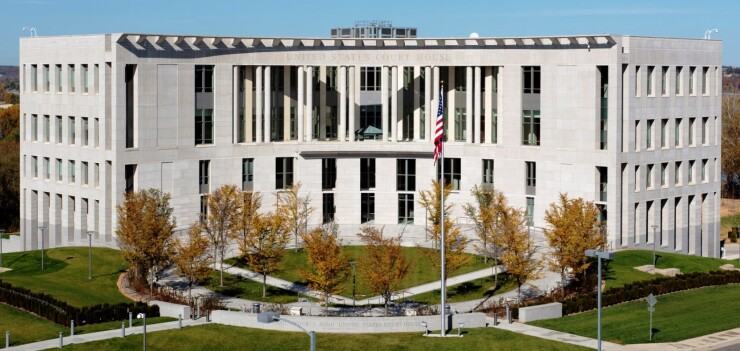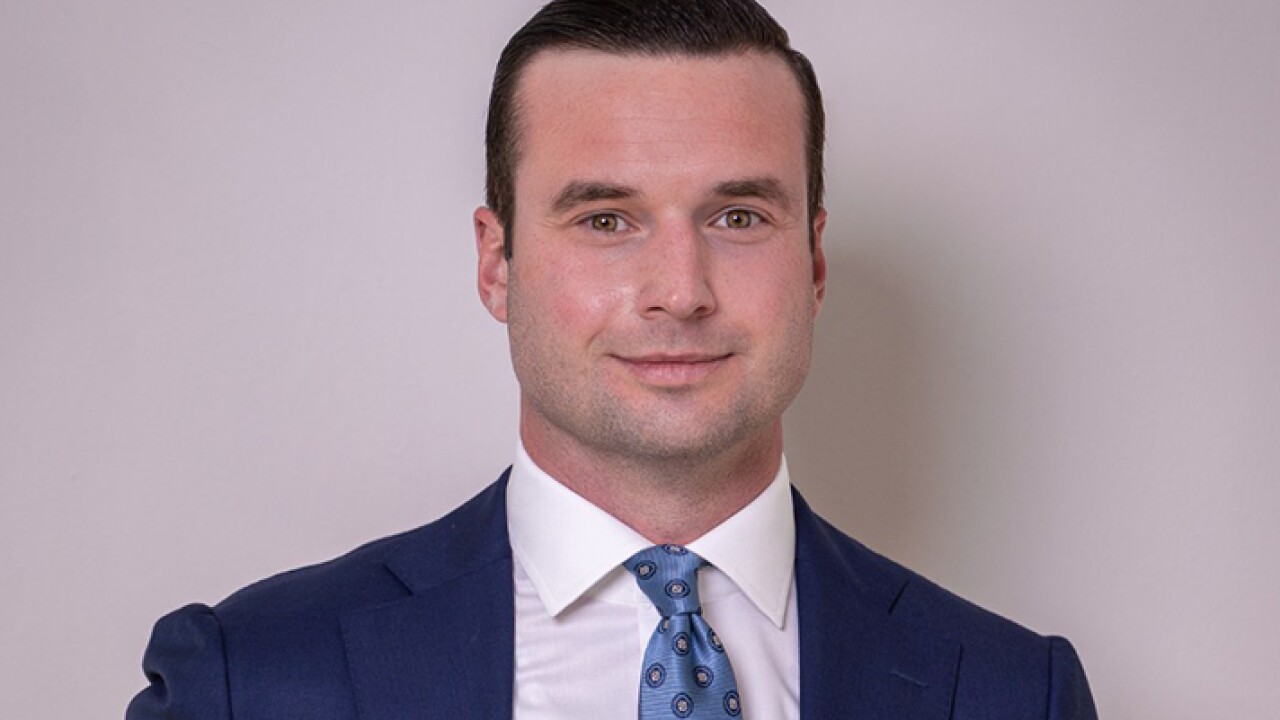The forced bankruptcy of an abandoned artificial sweetener plant financed with $39 million of bonds backed by Moberly, Missouri, will soon draw to a close after 10 years with an expected $1.6 million payout to the bond trustee.
The Mamtek sweetener project debacle began with the state providing tax credits and the city putting its appropriation pledge behind the 2010 bonds, earning them an A-minus rating from S&P Global Ratings.
Over the course of the next 10 years, Mamtek US Inc., which billed itself as a subsidiary of a Chinese company, would abandon the half-built project after misusing bond proceeds. The city, which was banking on the project bringing new jobs and economic development, would lose its investment grade rating after reneging on its pledge to cover debt service if the company defaulted.

Creditors forced the company into an involuntary Chapter 7 bankruptcy in December 2011 and investors soon began pursuing the finance team, notably the former Morgan Keegan & Co. which underwrote the bonds, to recoup their investment.
The deal and Mamtek executive Bruce Cole’s actions triggered regulatory and legal actions at the local, state and federal level and the state’s tax credit program came under fire for handing out incentives without conducting sufficient due diligence. Cole was sentenced in 2014 to seven years in prison for theft and securities fraud and was released on parole in 2018.
Bankruptcy court trustee Bruce Strauss last week
The bankruptcy court-appointed trustee describes the sucralose factory project as a story about “greed” and points to the missteps by various stakeholders along the way that left bondholders and other creditors holding the bag.
“If people had done adequate research they would have realized there was a glut of sucralose in the U.S. and the cost of producing sucralose was greater than the market price,” Strauss said. “Communities at the time were looking to generate income. They had a good intent. I’m not faulting the city or the legislature but if you go back and look there was rush to get the economic benefits.”
Market participants cite the Moberly case as underscoring the need for investors to delve beneath a rating based on an appropriation pledge to look at the underlying project’s fiscal prospects and also whether a sponsoring government can afford the cost of absorbing the debt.
“Bruce Cole’s actions speak for themselves. He was convicted and served prison time,” Strauss said.
The long bankruptcy trail took years to resolve due to persistent appeals filed by Cole challenging various settlements reached with parties in the bankruptcy. To end the tide of objections, Strauss ended up reaching a settlement with Cole that gave
The funds available for distribution were cobbled together from various settlements and other assets. “We are glad to be able to make a distribution as we started with very little,” Strauss said.
A final order approving the plan is pending before Judge Dennis R. Dow who presides in the U.S. Bankruptcy Court for the Western District of Missouri in Jefferson City.
A UMB representative was not immediately available to comment on how much bondholders will have recouped given the various lawsuits that resulted in payouts to certain bondholders and the past distribution of other trustee-held funds.
The machinery and equipment from the half-built plant raised about $1.8 million at a
Investors who participated in a federal class action lawsuit
The lawsuit accused financial firms of violating securities laws in the bond deal. The settlement in the class action called for the former Morgan Keegan & Co. —
In a separate lawsuit, investors holding about $27 million of the bonds reached settlements last year with the financial firms they sued for negligence and fraud. The terms were not disclosed. The cases named Morgan Keegan and Raymond James as defendants.
Bondholders accused the underwriter and law firm of misrepresenting and omitting key information about the bond issue and the company in violation of state securities laws. The litigation charged that the underwriters should have uncovered false information provided by Cole over Mamtek’s Chinese operations through due diligence.
The firms countered that they performed their respective duties as required, that investors were sold on the bonds based on a Standard & Poor's investment grade rating that was based on the Moberly's appropriation pledge.
Missouri’s attorney general at the time, Chris Koster, filed charges in 2012 alleging securities fraud and stealing against Cole, and the Securities and Exchange Commission filed a civil complaint accusing Cole of scheming to defraud potential investors. As part of a settlement with Koster's office, Cole went to prison.
Then Missouri Secretary of State Jason Kander brought securities fraud charges accusing Morgan Keegan in 2013 of omitting material facts in the bond issue. The firm agreed in 2016 to
The SEC, which accused Cole of ordering his employees to divert $900,000 in bond proceeds for the personal use of him and his wife and misleading Moberly about expenses, won a judgment in 2017 in federal court in California permanently enjoining Cole from violating securities rules and ordering Cole and his wife to pay $1 million judgment.
The judgment represented “profits gained as a result of the conduct alleged in the complaint, together with prejudgment interest thereon in the amount of $119,885, for a total of $1,024,052,” reads the order. Cole appealed the judgment and it appears to still be pending.
Moberly sold the bonds through its industrial economic development authority after several other communities decided against investing in the project. The state awarded the project tax credits but they were never handed over.
The company first defaulted in August 2011 on a payment owed to Moberly needed for debt service.
The city then informed trustee UMB Bank that it wouldn't honor its pledge to repay the debt. Mamtek then abandoned the half-built factory. After the defaults, the city handed over control of the project to UMB.
The sucralose plant bonds were later lowered to D. The city soon began the long road back to investment grade. As the legal actions played out, Moberly adopted new debt management and due diligence policies for future projects with the goal of repairing its credit rating. The policies were designed to provide guidance for the types of debt issued, the issuance process, and the administration of the debt portfolio.
In February 2016 S&P raised the city's rating two notches to BB-minus from B and the COP rating to B-plus from B-minus. Moberly finally
The city also created a new economic development commission under an agreement that requires an independent third party to conduct due diligence on any company proposing to do business in the city in return for a financial incentive or other public assistance.





